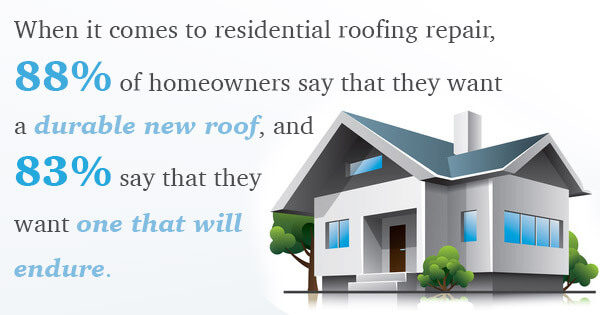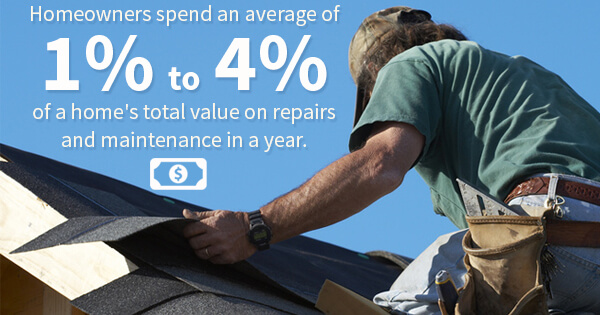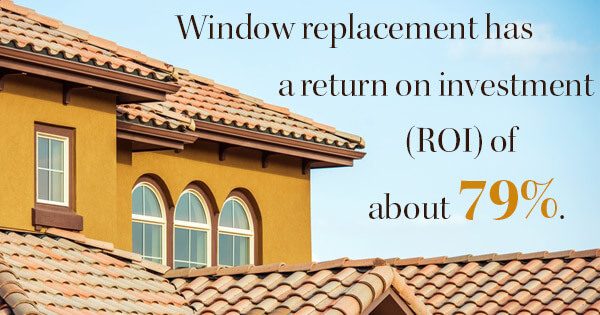
There are currently over 50,000 businesses involved in the installation of roofing and siding, and while installation is an important process, it's even more important to be informed about what kind of commercial roof types are going to benefit your building. Whether you're in the market for a new roof or simply curious as to what's out there, here are a few different types of commercial roofing and how they can benefit your business. Typically referred to as "BUR", built-up roofs are more commonly known as "tar and gravel" roofing. These roofs are typically made up of bitumen layers and reinforcing fabric layers that, together, form finished roofing membranes. Those alternating layers of bitumen are made up of asphalt, coal tar, or cold-applied adhesive. The biggest benefit of these types of roofs is that they're relatively cost-efficient and easy to maintain, while lasting a long time. Before you consider metal roofing, make sure you're dealing with roofing companies who deal with metal roofs exclusively. Their installation can be pricey, and for the quality of roof you'll be getting, you should make sure it's put in place properly. Some of the materials that can be used in these roofs include corrugated galvanized steel, aggregates of zinc, aluminum, and silicon-coated steel, metal tile sheets, stainless steel, copper, aluminum, stone-coated steel, lead, and tin. These roofs are extremely weather-resistant and can last upwards of 30 years. Singly-ply roofing is made up of factory-made membranes. The two most common types of this roofing are thermoplastic membranes, which include PVC and TPO membranes, and thermoset membranes, which include EPDM membranes, a popular rubber roofing system. These flat roofs often contain reinforcing layers, which makes for a sturdy base. These roofs are popular because installation is a simple task that can be done quickly, and afterwards, minimal maintenance is required. There are countless commercial roof types
Subscribe to West Michigan Roofing's Blog








Comments